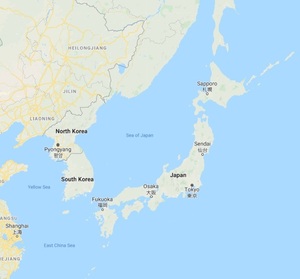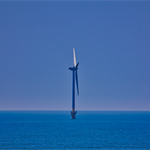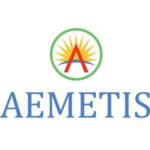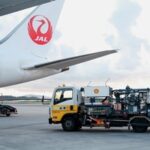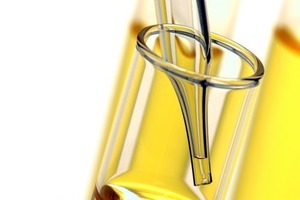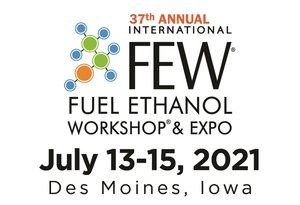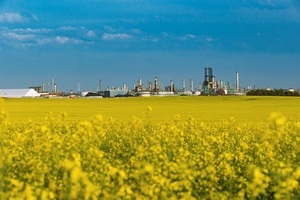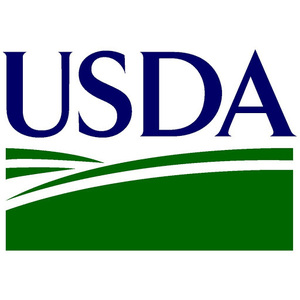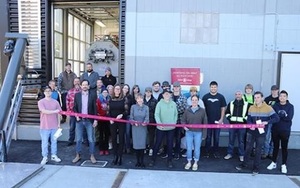Japan launches public-private partnership focused on SAF
Energy Disrupter
ADVERTISEMENT
Japan on April 22 launched a public-private partnership that aims to facilitate the introduction of an international competitive supply chain for sustainable aviation fuel (SAF), according to a report filed with the USDA Foreign Agricultural Service’s Global Agricultural Information Network in late May.
Japan’s Ministry of Land, Infrastructure, Transport and Tourism (MLIT) and Ministry of Economy, Trade and Industry (METI) on April 22 held a kick-off meeting for newly created public-private council to promote the introduction of SAF. In addition to MLIT and METI, the council includes the Ministry of Environment, New Energy and Industrial Technology Development (NEDO); oil refiners and retailers ENEOS, Idemitsu and Cosmo; airlines Japan Airline and All Nippon Airways; the Narita, Kansai and Chubu airports; oil storage entity San-Ai Oil; plant designer JGC Holdings; trading house Itochu; and the industry associations Petroleum association of Japan, Scheduled Airlines Association, and National Airports Fueling Business Association.
According to the report, the adoption of SAF is a key component of Japan’s goal to reduce greenhouse gas (GHG) emissions from aviation. The country’s Ministry of Land, Infrastructure, Transport and Tourism (MLIT) estimates that Japanese airports will use between 2.5 billion liters (660.43 million gallons) and 5.6 billion liters of SAF by 2030. For domestic flights, Japan’s Ministry of Economy, Trade and Industry (METI) is expected to introduce new SAF measures in 2023.
The report notes that NEDO in April awarded approximately 114.5 billion yen $916 million) in grants to e-fuel, SAF and other green fuels products. Idemitsu Kosan Co. received 29.2 billion yen of that amount to support a five-year project focused on the development and commercialization of a SAF supply chain using alcohol-to-jet technology. The initial commercial project planned as a part of that effort aims to convert 180 million liters of ethanol into 100 million liters of SAF. That pilot facility is currently expected to begin operations in 2026. The company aims to bring a second facility online by 2030 that would boost SAF production to 500 million liters per year.
A full copy of the report can be downloaded from the USDA FAS GAIN website.

